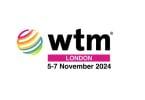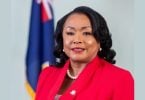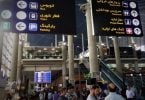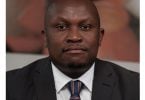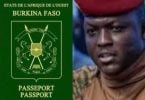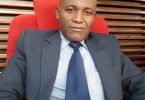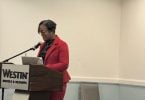Unrest over the past week cost the Lebanese economy as much as $600 million in lost revenue and the figure may rise as the political deadlock continues, the country’s tourism minister said.
“It is a disaster because we were preparing ourselves for a promising season in spite of the political problems,” Joe Sarkis said in an interview from Beirut today. “If things do not go back to normal immediately, as we are now in the middle of May, it means that we are going to lose another seasonal year.”
Fighting between gunmen allied with the Hezbollah-led opposition and supporters of pro-Western Prime Minister Fouad Siniora erupted on May 7. The clashes came after the government fired the security chief at Beirut’s international airport following the discovery of an electronic surveillance system used by the Shiite Hezbollah group to monitor aircraft.
Hezbollah leader Hassan Nasrallah, whose group fought a 33- day war against Israel in 2006, said its telecommunications system is needed to protect Lebanon from an Israeli invasion. The government yesterday revoked its ban on the telephone network and airport surveillance system.
Lebanon has lost revenue because of the closure of the airport, suspension of flights and the cancellation of reservations by tourists, Sarkis said. The airport is still closed.
No Normal Season
“In normal times we can consider the income generated from tourism and related investment at about $4 billion a year,” Sarkis said. “Since the July 2006 war with Israel we haven’t had a normal tourism season.”
The 2006 conflict began after Hezbollah seized two Israeli soldiers in a cross-border raid. The war left 1,100 Lebanese dead and 163 Israelis.
Economic progress in the country has also been hurt by an 18- month political stalemate between the ruling pro-Western governing coalition and the Syrian-backed opposition. Lebanon has been without a head of state since Nov. 23, when Syrian-backed Emile Lahoud left office at the end of his term. Lawmakers have failed to elect a new president on 19 occasions.
The economy grew as much as 4 percent last year, Finance Minister Jihad Azour said in March 2 interview. The economy stalled the year before and grew 1 percent in 2005, when former Prime Minister Rafiq Hariri was assassinated.
Tourism
Occupancy at Beirut hotels was down to 38 percent in 2007 from 48.6 percent in 2006, according to a survey of the Middle East hotel industry by Deloitte & Touche.
“Tourism is very important as its one of the main sources of foreign currency earnings,” said Nassib Ghobril, head of research at Byblos Bank. “It will take time to rebuild confidence as the recurring uncertainties might make even Lebanese expatriates hesitate this time.”
Before the outbreak of Lebanon’s 1975-1990 civil war, tourism represented about 20 percent of the country’s gross domestic product, Sarkis said.
“I hope with the effort by the Arab league representatives in Lebanon now, we get positive aspects and can come back and save the summer season,” Sarkis said.
A delegation of the 22-member Arab League is in Lebanon trying to defuse the conflict by pressing all parties to return to dialogue and to order their supporters to shun violence.
bloomberg.com



